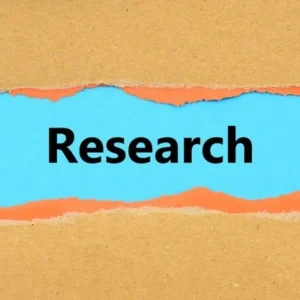The National Institute for Health and Care Research (NIHR) has announced over £1.5 million in funding to support 17 pioneering health technology projects aimed at reducing waiting times for children and young people in need of mental healthcare and neurodevelopmental assessments. Long delays in accessing these services can exacerbate mental health conditions, disrupt education, increase stress for families, and raise overall healthcare costs. The funded technologies aim to streamline services, detect issues earlier, and provide timely, personalised support to children and adolescents when they need it most.
Several projects involve advanced digital and AI tools designed to identify early signs of conditions like autism, predict necessary care pathways, and integrate physical and mental health information within a single platform. Professor Mike Lewis, NIHR’s Scientific Director for Innovation, emphasised that these technologies will improve mental health outcomes by reducing waiting times, supporting both community and hospital settings, and demonstrating NIHR’s commitment to children’s mental wellbeing, particularly highlighted on World Mental Health Day.
The funding is part of the Invention for Innovation (i4i) Funding at the Speed of Translation (FAST) March 2025 initiative, in collaboration with the NIHR HealthTech Research Centre in Paediatrics and Child Health. The projects address the Department of Health and Social Care’s priority on early intervention to prevent poor health outcomes, with co-funding from the Mental Health Research Initiative (MHRI). Professor Paul Dimitri of the NIHR HealthTech Research Centre noted that these projects will empower families, assist clinicians, and build a more responsive and equitable healthcare system for children and young people.
Among the funded projects, EnrichMyCare is developing an AI triage tool to recommend care pathways, easing pressure on clinicians and accelerating access to support. Elaros is creating a system to detect early autism signs in toddlers through social interaction tracking. HealthTracker is being adapted to prioritize children on neurodevelopmental waiting lists, while Artemis-A helps teachers identify students at risk of anxiety and depression. HalaraXR employs virtual reality to capture behavioral data for early interventions, and Tiny Medical Apps is expanding the NHS-backed Digital Health Passport to integrate mental health monitoring alongside physical health management.
Collectively, these 17 projects demonstrate how digital innovation can provide faster, more personalised mental health support for children and young people. The funded initiatives span AI-powered triage systems, digital screening tools, virtual reality applications, and integrated health platforms, highlighting a strong commitment to reducing delays and improving outcomes in pediatric mental healthcare across the UK.







